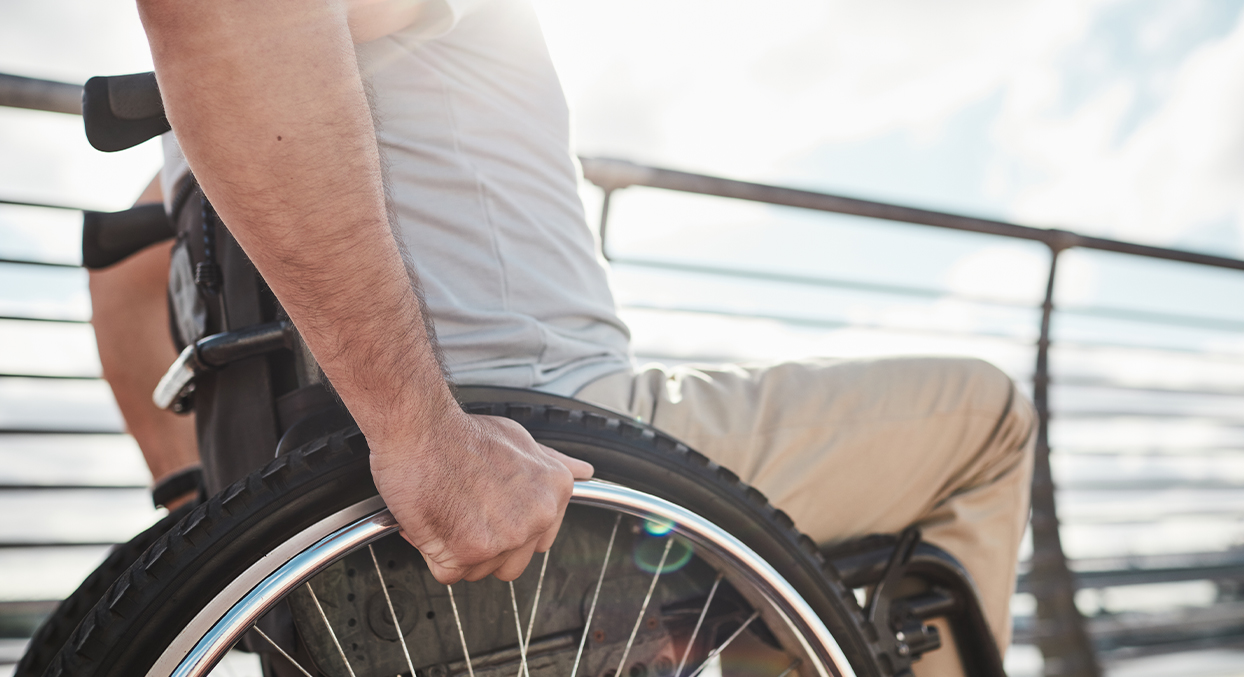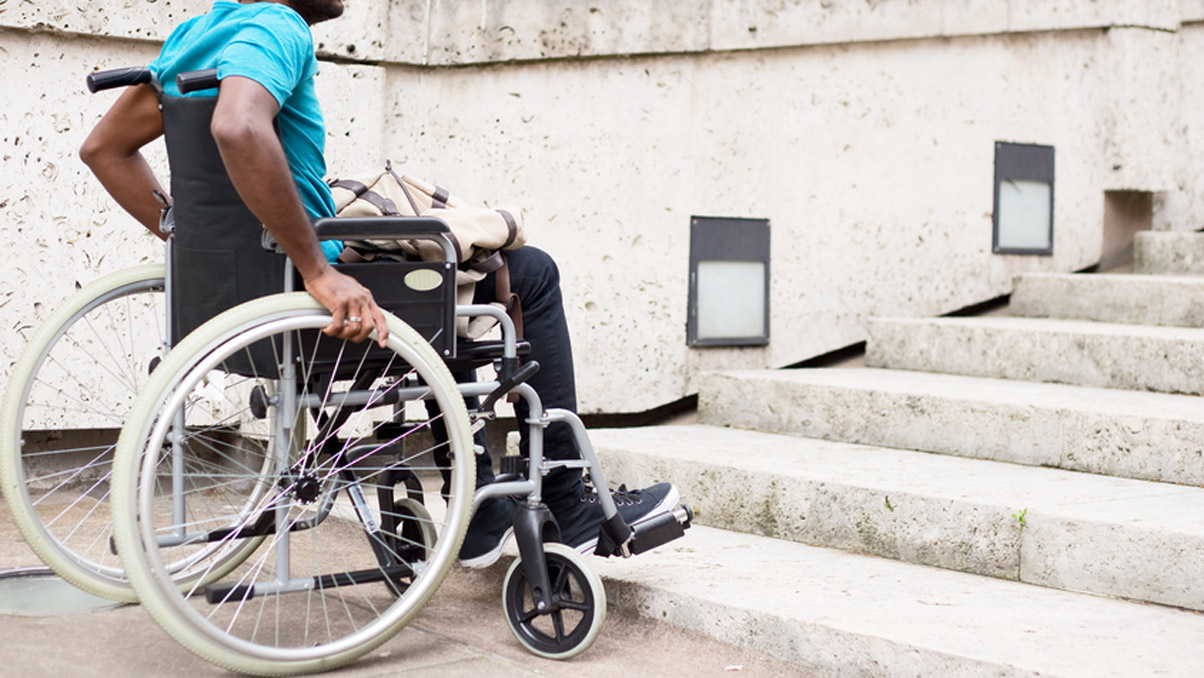This year, Carers Week takes place from 5-11 June. The annual campaign aims to raise awareness of caring, to highlight the challenges unpaid carers face, and recognise the contribution carers make to families and communities. Carers Week also helps people who do not yet think of themselves as having caring responsibilities to identify as carers and access much-needed support.
In this article, we help identify the financial support that might be available if you are an unpaid carer.
What financial support is available if you are a carer?
Welfare benefits such as Universal Credit and Personal Independence Payment are available to individuals with long-term health issues following an injury or illness. Everyday tasks that someone was once able to do independently may now be very challenging and require support from family and/or friends.
Many people may not consider themselves to be a carer, but if you support someone who would find it difficult to manage daily tasks without your support then you are likely to be seen as having caring responsibilities. If you take on caring responsibilities for a person with a long-term illness or disability, you may be entitled to claim Carer’s Allowance.
Carer’s Allowance eligibility
You could be eligible to claim Carer’s Allowance if you spend at least 35 hours a week caring for someone with a long-term illness or disability. You are not required to live with or be related to them. The care you provide must include support with daily activities such as:
- helping with washing and cooking
- taking the person you care for to a doctor’s appointment
- helping with household tasks, like managing bills and shopping
The person you care for must be in receipt of certain disability benefits, including:
- the higher-rate or middle-rate care component of Disability Living Allowance (DLA)
- either rate of the daily living component of Personal Independence Payment (PIP)
- any rate of Attendance Allowance (AA) if they are over state pension age
Shortfalls of Carer’s Allowance
You cannot claim Carer’s Allowance if you are in full-time education or studying for 21 hours a week or more.
If you make an application for Carer’s Allowance but you are also employed, the Department for Work and Pensions (“DWP”) will assess your earnings.
If you continue your employment and take on caring responsibilities, you cannot earn more than £139 per week after Income Tax and National Insurance deductions and certain expenses. A calculation may need to be undertaken to assess your eligibility.
Multiple carers or individuals being cared for
If you share your caring responsibilities with someone else, you will not both be able to claim Carer’s Allowance. This means that even if both you and another person each provide care of more than 35 hours per week to the same person, only one of you will be able to claim Carer’s Allowance.
If the other carer is in receipt of the extra Universal Credit received because they care for someone who gets a disability related benefit, this will also mean that you cannot claim Carer’s Allowance.
If both carers cannot come to an agreement between themselves as to who should be in receipt of Carer’s Allowance, then both can submit an application. The DWP will assess both claims and decide who should receive the benefit.
You can also only claim Carer’s Allowance once. This means that if you are caring for more than one person, and even if you are providing more than 35 hours of care per week for each of those people, you can only claim Carer’s Allowance for one person you provide care for.
Immigration status
If you have not been resident in the United Kingdom for at least two of the last three years, you will not be able to claim Carer’s Allowance unless you are a member of the armed forces.
However, if you have been granted refugee status or humanitarian protection to remain in the United Kingdom but otherwise have no recourse to public funds, you may still be able to claim Carer’s Allowance. Crucially, you will also not need to have been present in the UK for two out of the last three years before making an application.
If this may apply to you, seek advice from specialist organisations such as the Migrants’ Rights Network before making an application for Carer’s Allowance.
The effects of Carer’s Allowance on other benefits
When you get Carer’s Allowance, the person you care for will usually stop getting:
- any severe disability premium they receive which might be paid with their benefits
- any extra amount for severe disability paid with Pension Credit
- any housing benefit and/or Council Tax reduction.
You can check if these payments will stop by contacting whoever pays the benefit (such as the local council, Jobcentre Plus or Universal Credit).
Claiming Carer’s Allowance may affect any benefits you are already receiving or are applying for. You cannot usually claim Carer’s Allowance if you are already claiming a State Pension or income replacement benefits such as contribution-based Employment and Support Allowance.
Universal Credit will be reduced by an amount equal to your Carer’s Allowance payment. However, you may get an extra amount of Universal Credit for caring for someone who gets a disability-related benefit (whether you get Carer’s Allowance or not), known as the Carer Element.
In addition, if you are already in receipt of other means-tested benefits such as Housing Benefit, Council Tax Reduction, Employment and Support Allowance or Jobseeker’s Allowance, you may be able to claim an additional Carer Premium or Carer Addition.
How to claim
The preferred method is to apply for Carer’s Allowance online.
If you are not able to apply online, you can complete the paper form available here. Once completed, you will need to return it by post to Carer’s Allowance Unit, Mail Handling Site, Wolverhampton, WV98 2AB.
Carer’s Credit
Carer’s Credit is a national insurance credit that helps with gaps in your national insurance record and is available if you are caring for someone for at least 20 hours a week. If the person you’re caring for does not get one of the necessary disability benefits, you may still be eligible for Carer’s Credit.
To apply, complete a CC1 form.
If you do not receive Carer’s Allowance, you will need to fill in the ‘Care Certificate’ part of the application form and get a health or social care professional to sign it.
Other financial support for carers
If you take on full-time caring responsibilities for a friend or family member, you may be entitled to a range of financial support and grants in addition to your welfare benefits.
These may include:
- a council tax reduction
- eligibility for the NHS Low Income Scheme (which covers prescription, dental, eye care or healthcare travel costs)
- aid for disability related expenses (such as obtaining a blue badge for your car if you use it to transport the person you care for).
Further information on financial support and grants available to carers can be found here.
Paralegal Sara Palinska contributed to this article.
Subscribe – In order to receive our news straight to your inbox, subscribe here. Our newsletters are sent out once a month.






